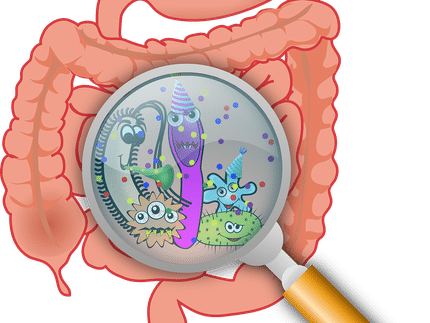A Better Target for B-Cell Lymphomas
From a Library of MAG Antagonists to Nanomolar CD22 Ligands
Patients suffering from B-cell lymphomas can be treated with antibodies directed against the B-lymphocyte antigen CD20. This therapy is not a cure, however, and new treatments that kill B-cells through different mechanisms are required, especially for patients with indolent lymphoid malignancies. An alternative clinical target for B-cell lymphoma is CD22, a B-cell-specific member of the sialic acid binding Ig-like lectin (Siglec) family that recognizes α2,6-linked sialylated glycans as ligands. When it was demonstrated that B-cell activation can be down-regulated with sialosides, an intensive search for low-molecular-weight high-affinity ligands was initiated.
A collaborative research effort led by Beat Ernst and colleagues at the University of Basel in Switzerland has identified selective and high-affinity CD22 antagonists, and their results are reported in ChemMedChem. Using surface plasmon resonance, the team screened an existing library of antagonists (which were initially designed for another member of the Siglec family) for binding affinity toward CD22. The initial hit was then optimized to yield a series of CD22 antagonists with nanomolar binding affinity. Ernst's research group will next examine the potential application of these CD22 antagonists in cell depletion therapy.
Original publication
Other news from the department science
Most read news
More news from our other portals
See the theme worlds for related content
Topic world Antibodies
Antibodies are specialized molecules of our immune system that can specifically recognize and neutralize pathogens or foreign substances. Antibody research in biotech and pharma has recognized this natural defense potential and is working intensively to make it therapeutically useful. From monoclonal antibodies used against cancer or autoimmune diseases to antibody-drug conjugates that specifically transport drugs to disease cells - the possibilities are enormous

Topic world Antibodies
Antibodies are specialized molecules of our immune system that can specifically recognize and neutralize pathogens or foreign substances. Antibody research in biotech and pharma has recognized this natural defense potential and is working intensively to make it therapeutically useful. From monoclonal antibodies used against cancer or autoimmune diseases to antibody-drug conjugates that specifically transport drugs to disease cells - the possibilities are enormous



















































